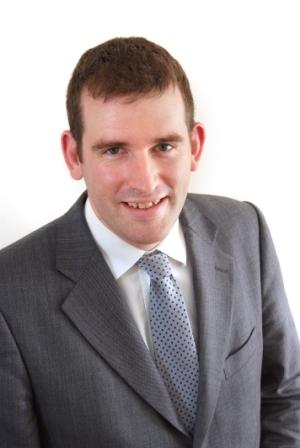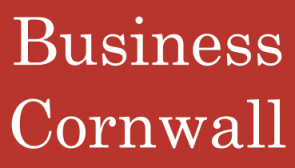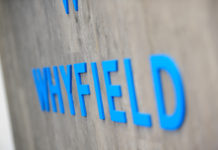Regardless of experience, anyone can call themselves an accountant. Harland Accountants’ MD David Harland explains the importance of being professionally qualified
It sounds like the punch line of a bad joke, but when is an accountant not an accountant?
Given all of the recent economic turmoil as well as the financial scandals of the 1990s, it is rather an oddity that accountancy is still not a regulated profession.
Most business people we speak to have no idea that anyone can call themselves an ‘accountant’, even if they have no qualifications or experience.
So why does this matter? Sadly, it does and can cost you dearly if things go wrong. The key to all of this is whether your accountant is professionally qualified.
There are various titles that can be used, but look for the title Chartered Accountant (FCA, ACA), Chartered Certified Accountant (FCCA, ACCA) or Chartered Management Accountant (FCMA, ACMA), there are also a couple of other less common qualifications including different designations for those who qualified abroad and working parties behind each of these boards whose objective it is to secure the term for the benefit of consumers.
It is worth saying at this point that this article is not aimed at criticising unqualified accountants. There are plenty of fantastic unqualified accountants with years of experience and the same as there are some not so great qualified accountants. However, I believe that the danger of unqualified accountants presenting themselves as qualified is a worrying trend.
In order to become qualified, Chartered and Certified accountants have to spend several years in on-the-job training as well as passing tough exams covering taxation, company law and accounting principles.
“There are unqualified, unregulated accountants who will be happy to charge you as much or more than qualified, Chartered Accountants but without the reassurance that comes with being a Chartered Accountant.”
If they want to set up in practice offering their services to the public, they need to have gained several more years experience and have adequate insurance to protect clients against professional negligence.
They also have to show each year that they are keeping up to date by committing to schemes continuing professional development (CPD).
So surely, qualified just means higher fees?
Maybe, but maybe not! There are unqualified, unregulated accountants who will be happy to charge you as much or more than qualified, Chartered Accountants but without the reassurance that comes with being a Chartered Accountant.
Consider this; we have defended more Inland Revenue tax investigations for other SO CALLED accountant’s clients than we have ever had to defend for our existing clients.
Given the average cost of an investigation is more than £3k this is not an insignificant consideration.
With the 31st January 2011 self assessment tax deadline looming, HM Revenue and Customs will be eagerly awaiting submissions so that they can exercise the might of their powers with regards to penalties and fines. It places higher importance on the taxpayer to ensure that returns are produced to a level that mitigates that risk.
Well, I guess, as a firm of Chartered Certified Accountants we would say that, but the question is whether you can afford not to use a qualified accountant?
This article is taken from the November 2010 issue of Business Cornwall magazine









